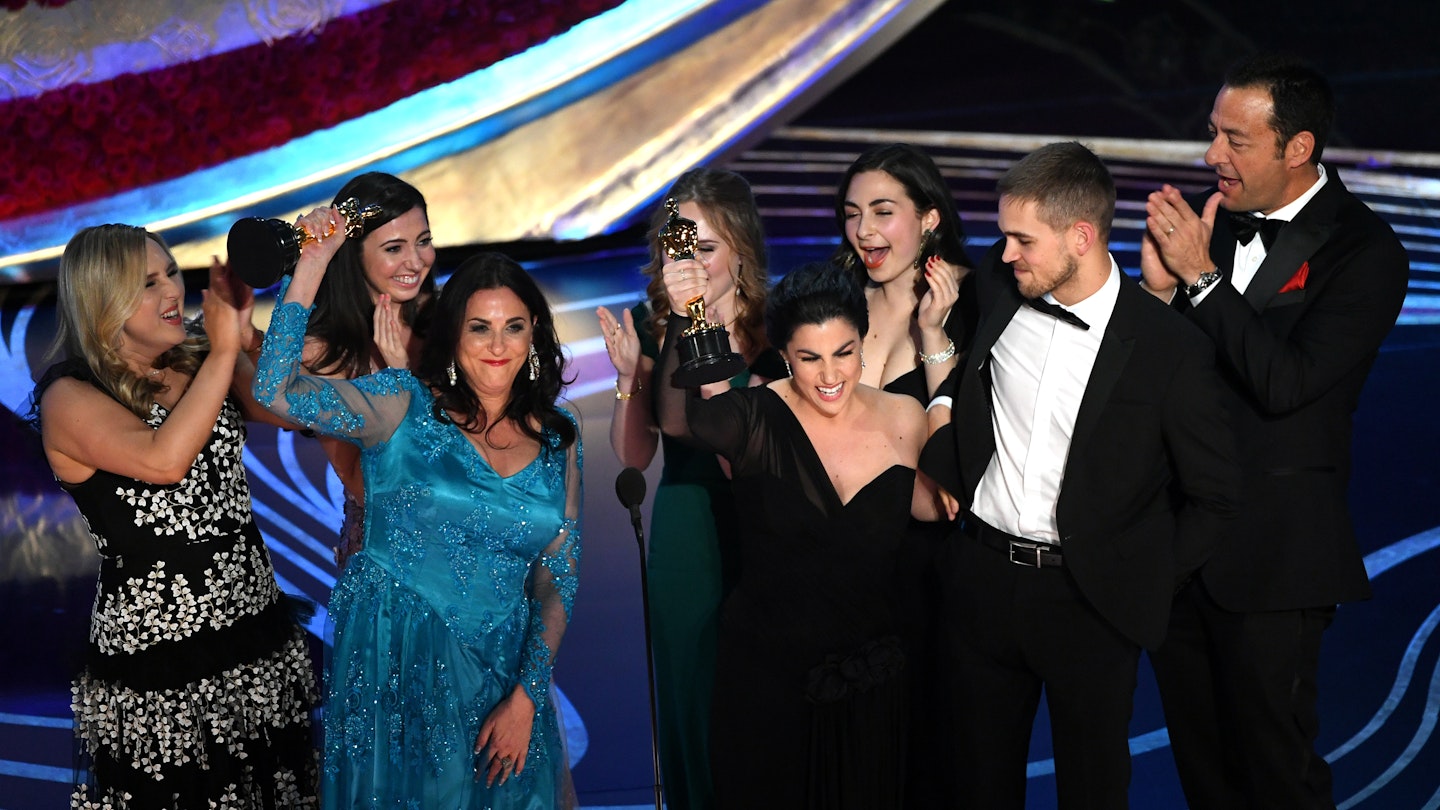Ever since Period. End Of Sentence won an Oscar on Sunday for Best Documentary Short the internet seems to be able to talk of nothing else. With the arrival of the period emoji and period poverty campaigns like #freeperiods gaining more traction than ever, the win for the Netflix documentary demonstrates another landmark moment in the journey towards making 2019 the year of tackling period stigma once and for all.
If you haven't yet caught the documentary that everyone's talking about then (you're in luck! It's on Netflix): it's set in India and follows the stigma surrounding menstruation in a small rural village. Directed by Rayka Zehtabchi, It's already been praised on Twitter by the likes of Akshay Kumar, Reese Witherspoon and Priyanka Chopra who tweeted 'One of the most special moments of the evening. A film based on the taboos around menstruation wins Best Documentary Short. Congratulations to the entire Period. End of Sentence team and my fearless friend Guneet Monga,' (who produced the short).
The documentary follows challenges that menstruating women face in India from being barred from going to school, meaning that they miss out on valuable education time that their male counterparts are receiving, to having to access to proper sanitary products and being prevented from worshipping in temples.
Based in the Hapur District outside Delhi it shows how women learned to create sanitary pads themselves after a sanitary towel vending machine was installed in the area, naming the brand that they subsequently created 'FLY'. The award was accepted at the ceremony on Sunday by Melissa Burton who started the Pad Project that the documentary was created as a part of. While accepting the award, she praised the students in India and at the LA-based school that she teaches at for wanting to make a difference in the field of human rights.
This isn't the first time the problem of menstrual taboo has been tackled in India - In fact, you might remember that only recently in January 5 million women in Kerala joined hands in a 385-mile 'women's wall' to protest against an ages-old ban preventing menstruating women from entering the Sabarimala, a temple widely regarded to be one of the holiest sites in India. The peaceful protest was arranged in retaliation to more violent protests from India's right-wing and Hindu-nationalist supporting party, the BJP after two women had walked into the temple which was then scrubbed down from floor to ceiling by priests.
While we recognize period poverty to be a problem in the UK affecting more than a quarter of women at some point in our lives and forcing UK-based girls to stay at home or improvising makeshift period products when they're unable to afford them, the problem is often compounded when you throw more desperate economic and social situations in third world countries. Period. End Of Sentence unpacks how women in India and it's surrounding countries have consistently struggled against the prevailing attitude that menstruation is unclean (some women in Nepal are made to sleep in animal sheds when menstruating and denied access to food and clean water).
The documentary has also been praised by major politicians in India including India's Minister of State for Housing & Urban Affairs Hardeep Singh Puri, who wrote: 'A deeply empowering moment for every girl on this planet as Guneet Monga’s film 'Period- End of sentence’ based on fight against deep rooted stigma of menstruation bags an Oscar. It is a victory of the new mindset that doesn't treat processes of biology as a taboo'
Read more: Great feminist quotes from fiction:
Grazia Feminist Quotes From Fiction
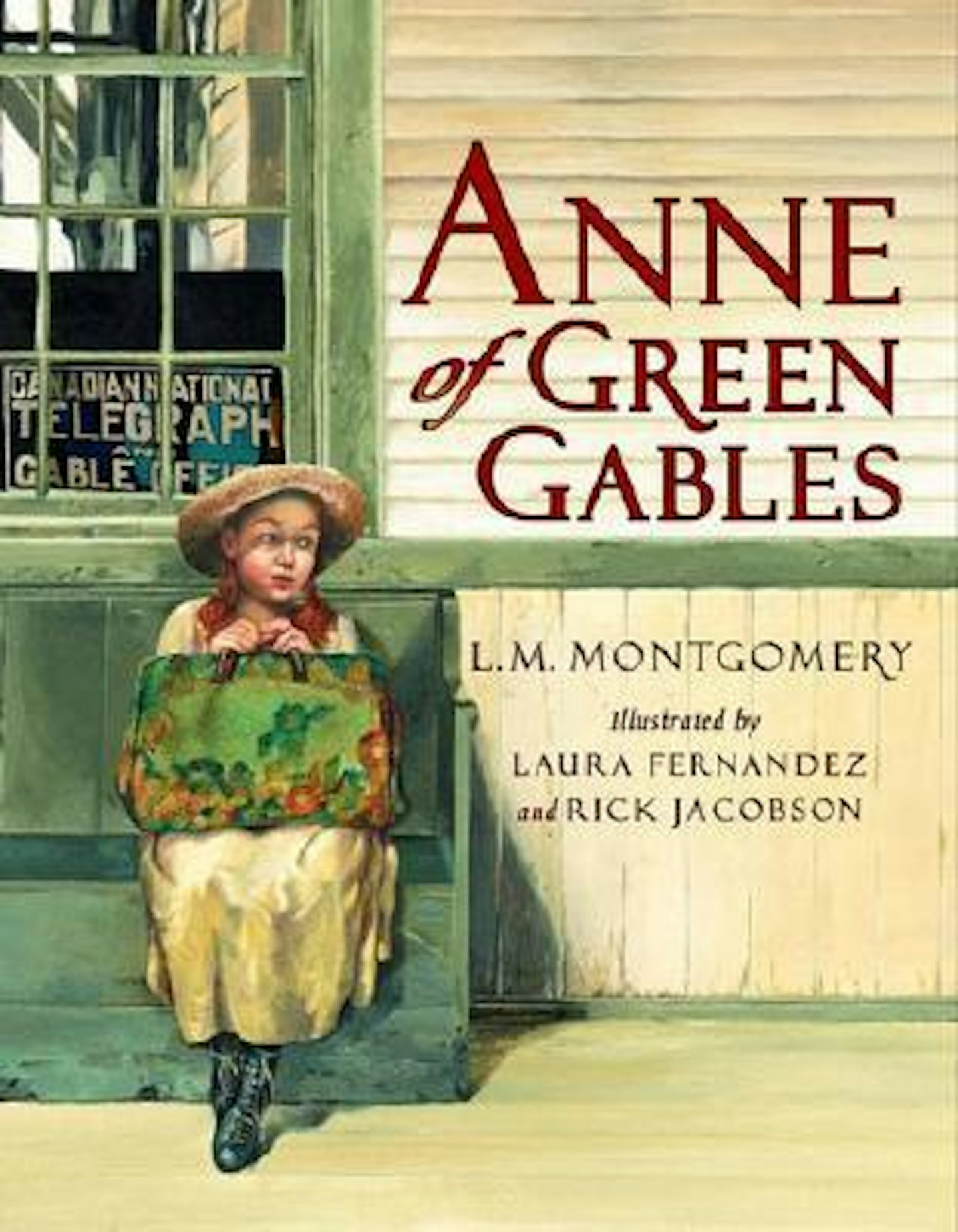 1 of 11
1 of 11‘When you are imagining, you might as well imagine something worthwhile.’
Anne of Green Gables by Lucy Maud Montgomery
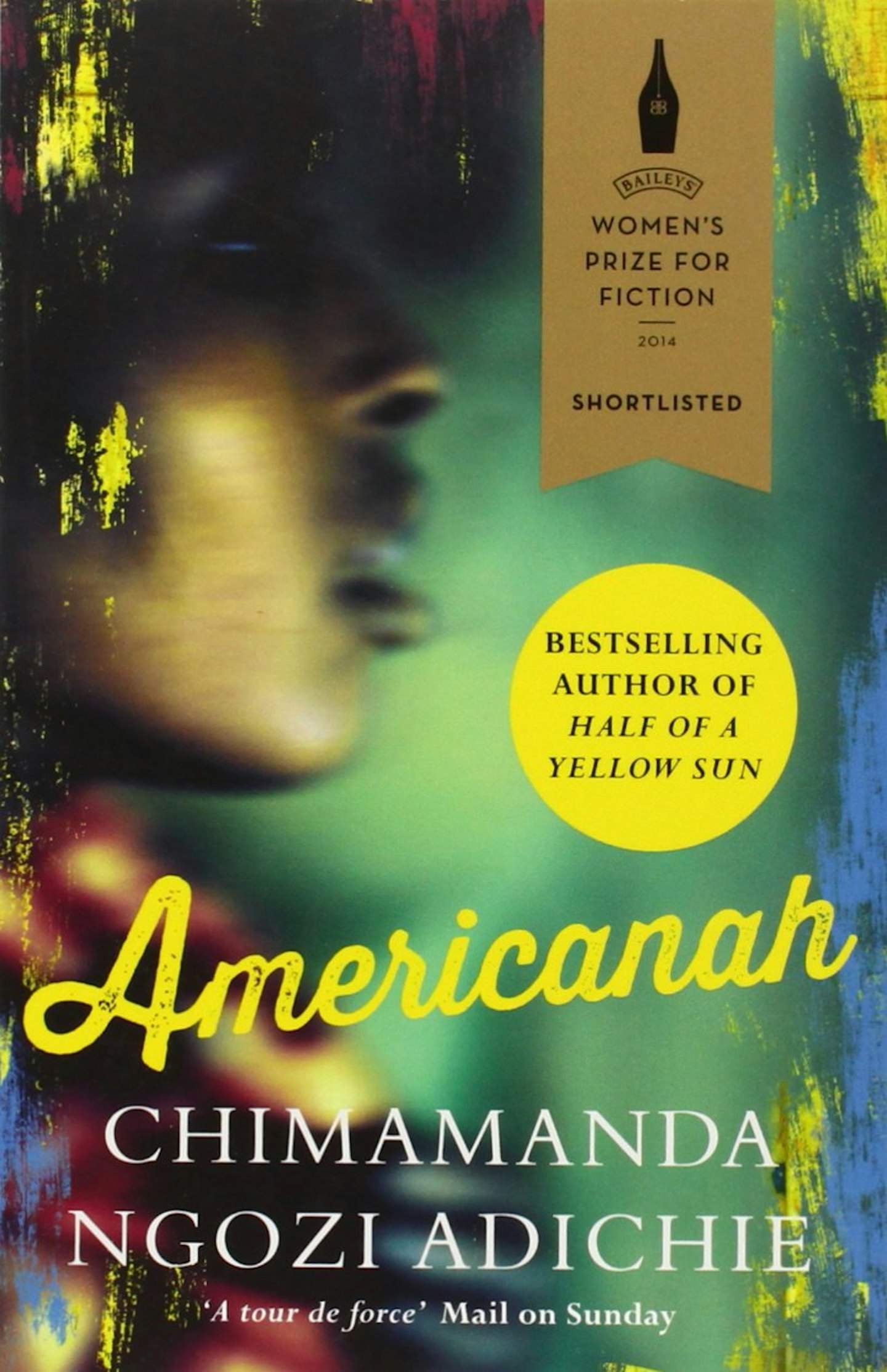 2 of 11
2 of 11‘If you don't understand, ask questions. If you're uncomfortable about asking questions, say you are uncomfortable about asking questions and then ask anyway. It's easy to tell when a question is coming from a good place. Then listen some more. Sometimes people just want to feel heard. Here's to possibilities of friendship and connection and understanding.’
Americanah by Chimamanda Ngozi Adichie
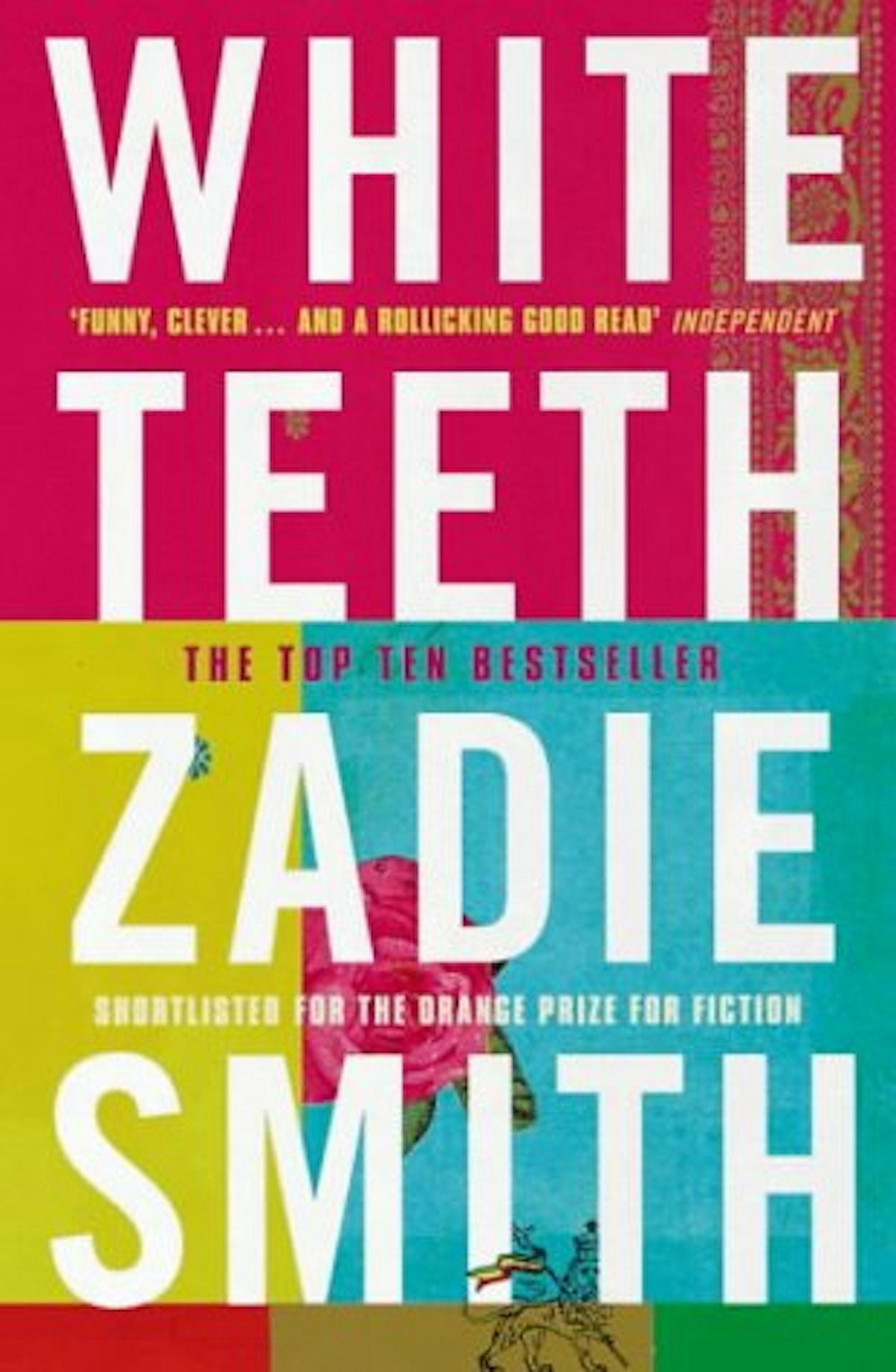 3 of 11
3 of 11‘She wore her sexuality with an older woman's ease, and not like an awkward purse, never knowing how to hold it, where to hang it, or when to just put it down.’
White Teeth by Zadie Smith
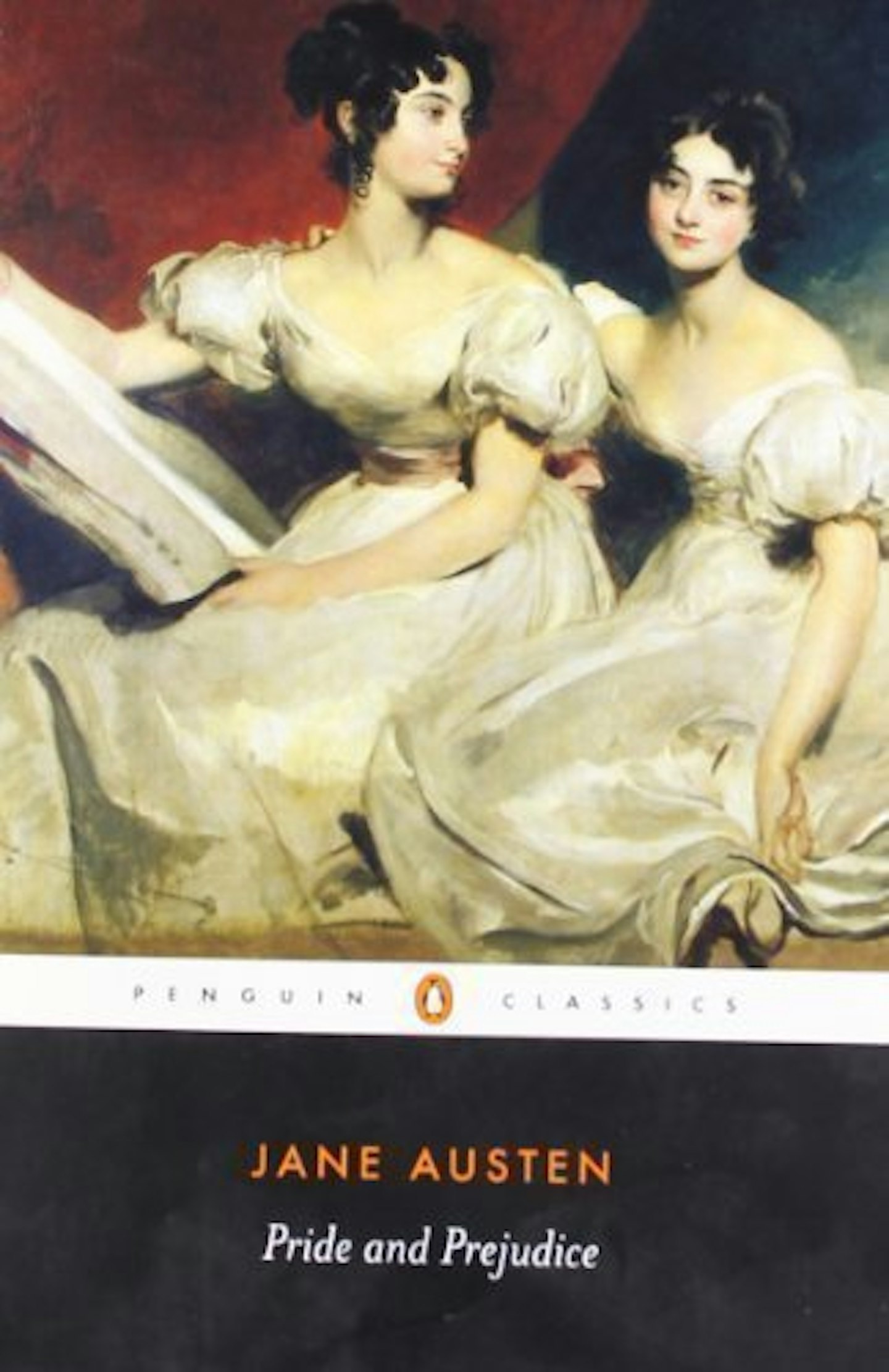 4 of 11
4 of 11‘There is a stubbornness about me that never can bear to be frightened at the will of others. My courage always rises at every attempt to intimidate me.’
Pride and Prejudice by Jane Austen
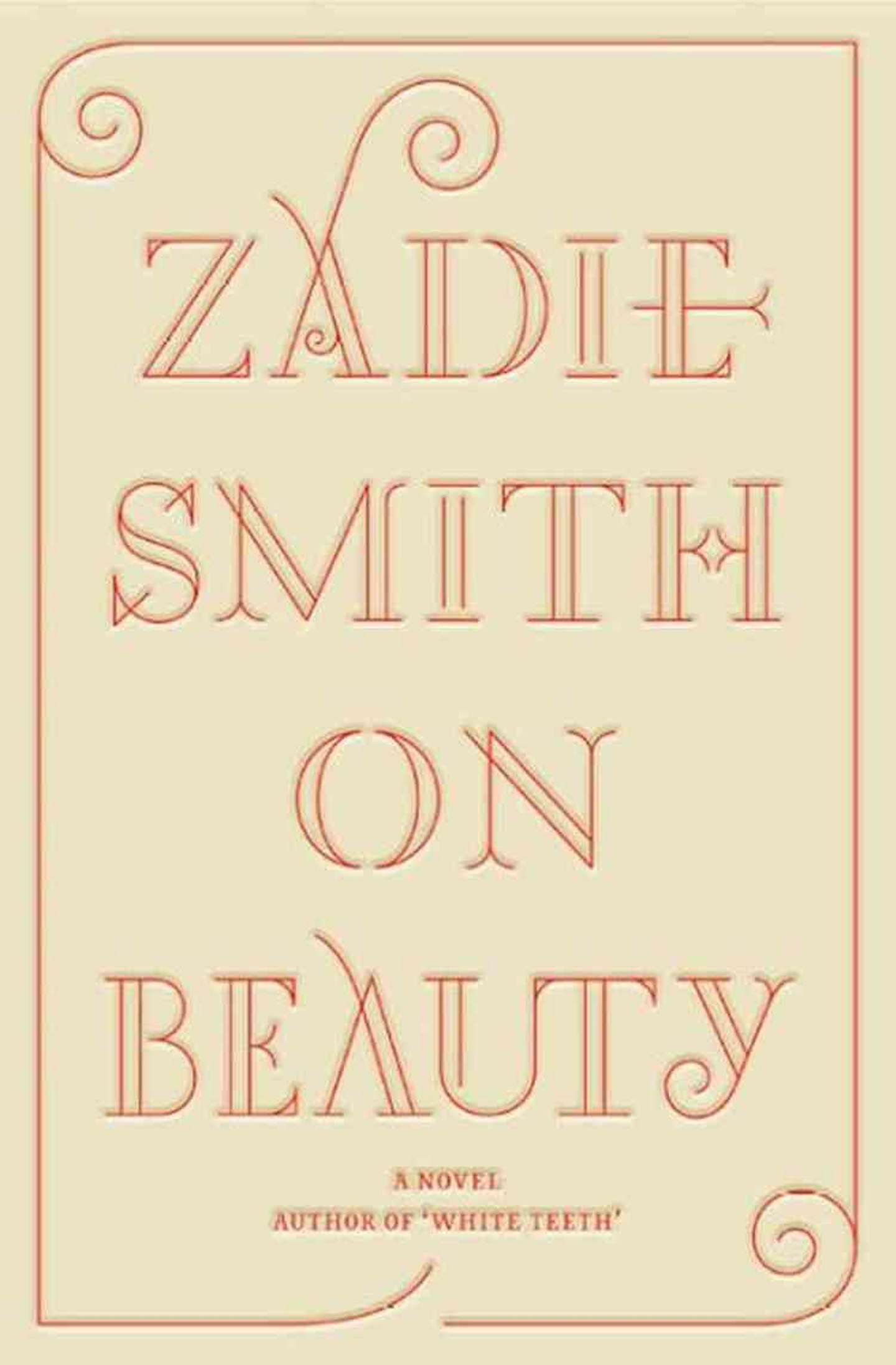 5 of 11
5 of 11‘I don't ask myself what did I live for, said Carlene strongly. That is a man's question. I ask whom did I live for.’
On Beauty by Zadie Smith
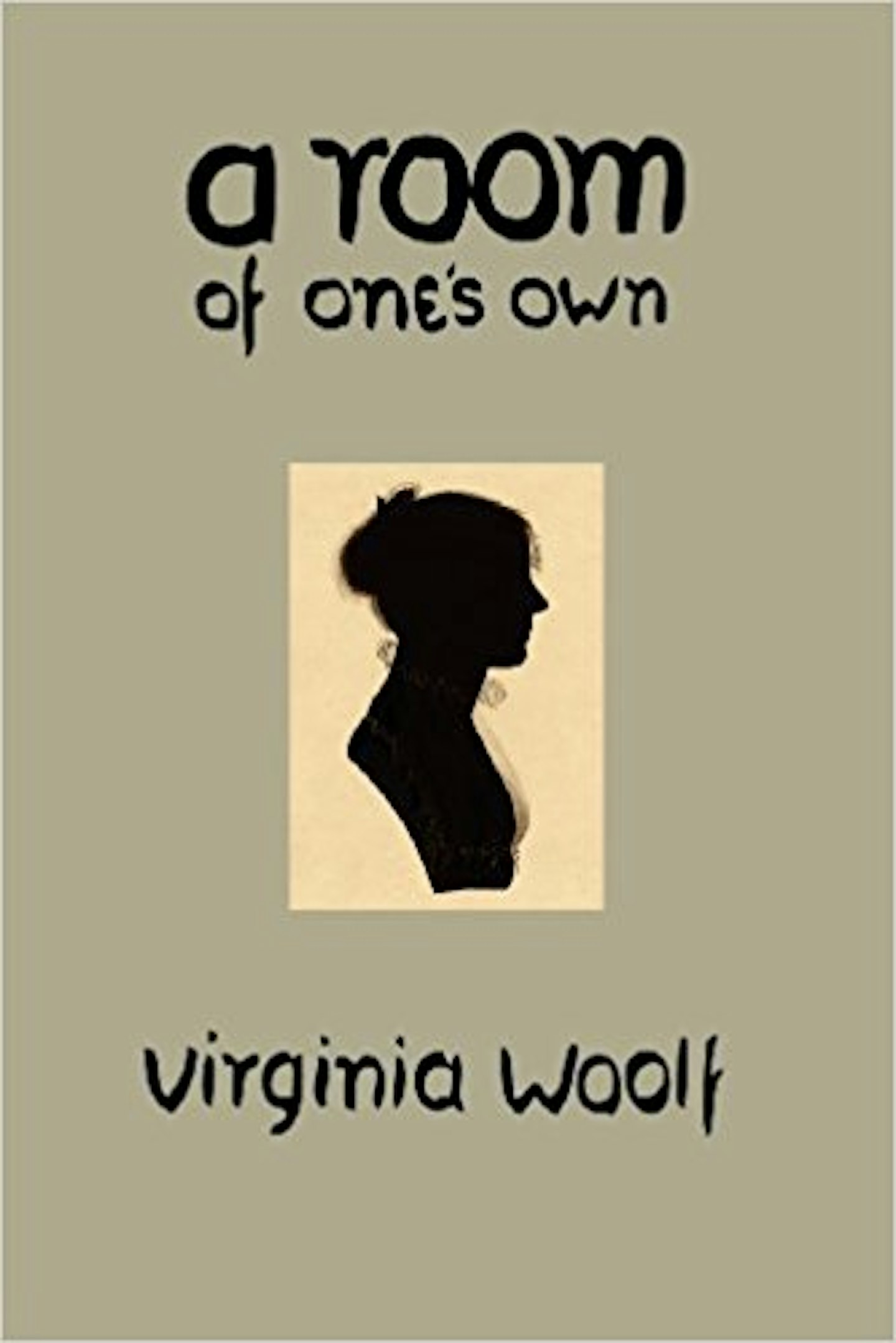 6 of 11
6 of 11‘I would venture to guess that Anon, who wrote so many poems without signing them, was often a woman.’
A Room of One's Own by Virginia Woolf
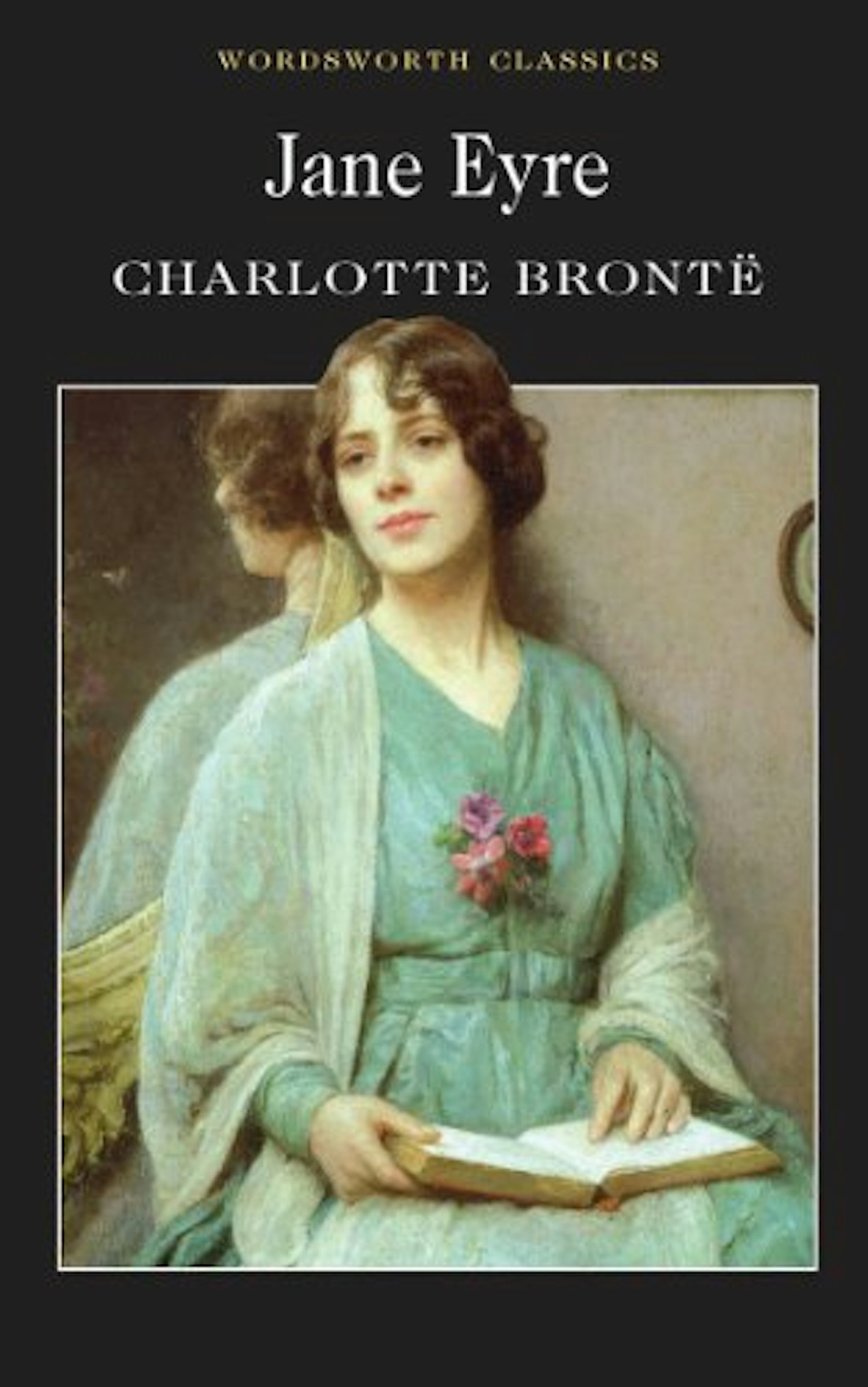 7 of 11
7 of 11‘I am no bird; and no net ensnares me: I am a free human being with an independent will.’
Charlotte Brontë by Jane Eyre
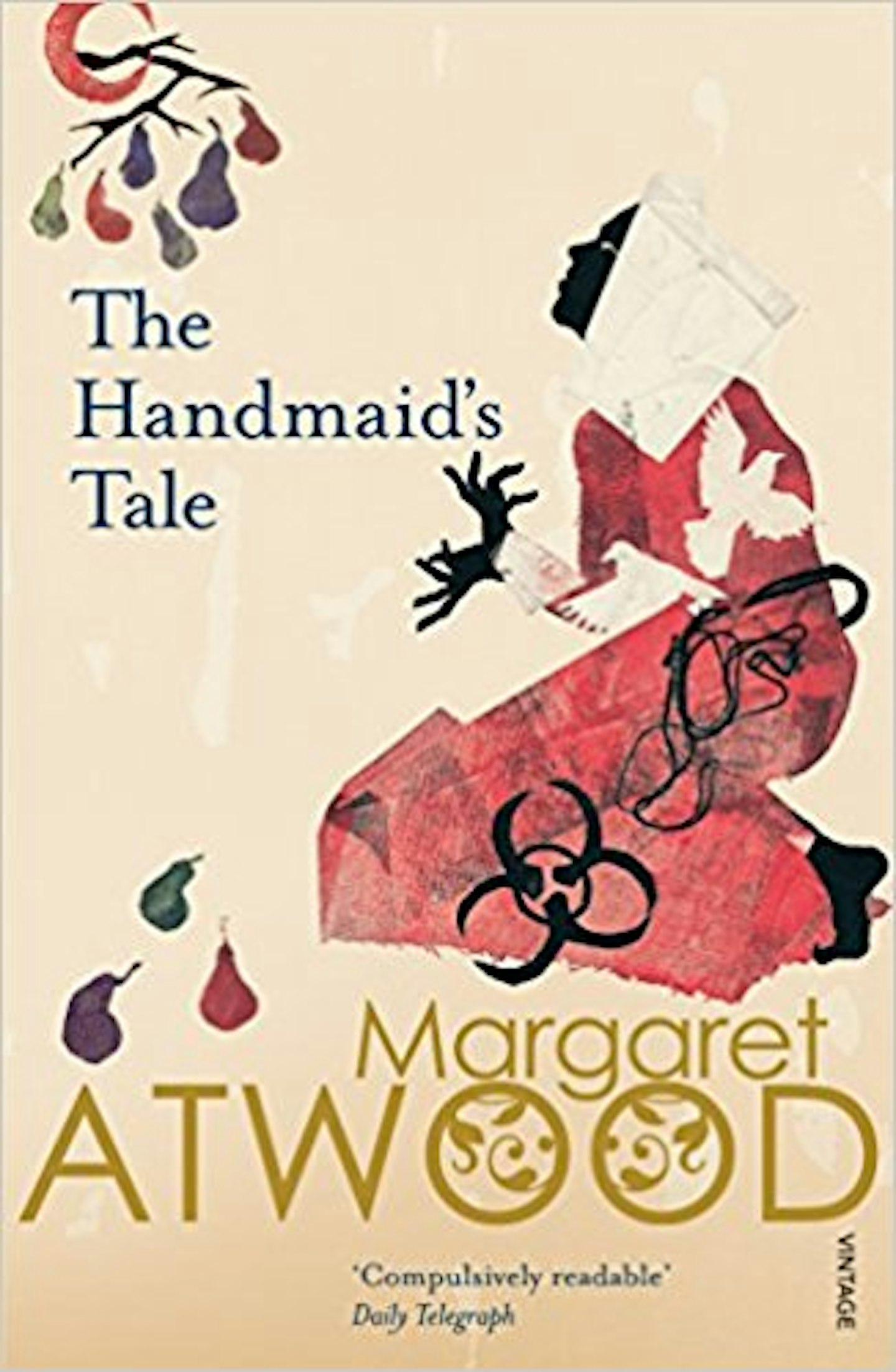 8 of 11
8 of 11‘Don't let the bastards grind you down.’
The Handmaid's Tale by Margaret Atwood
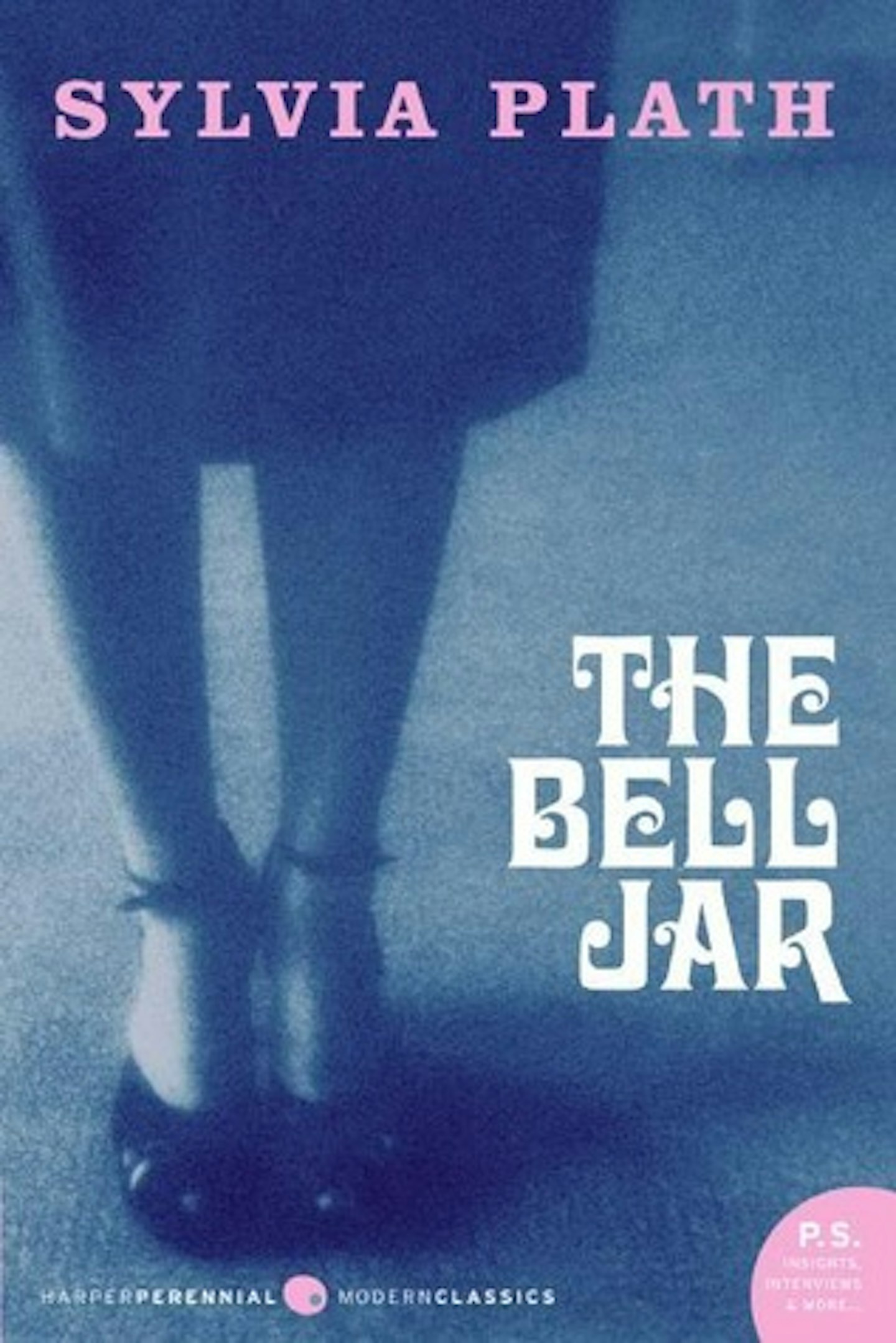 9 of 11
9 of 11‘The last thing I wanted was infinite security and to be the place an arrow shoots off from. I wanted change and excitement and to shoot off in all directions myself, like the colored arrows from a Fourth of July rocket.’
The Bell Jar by Sylvia Plath
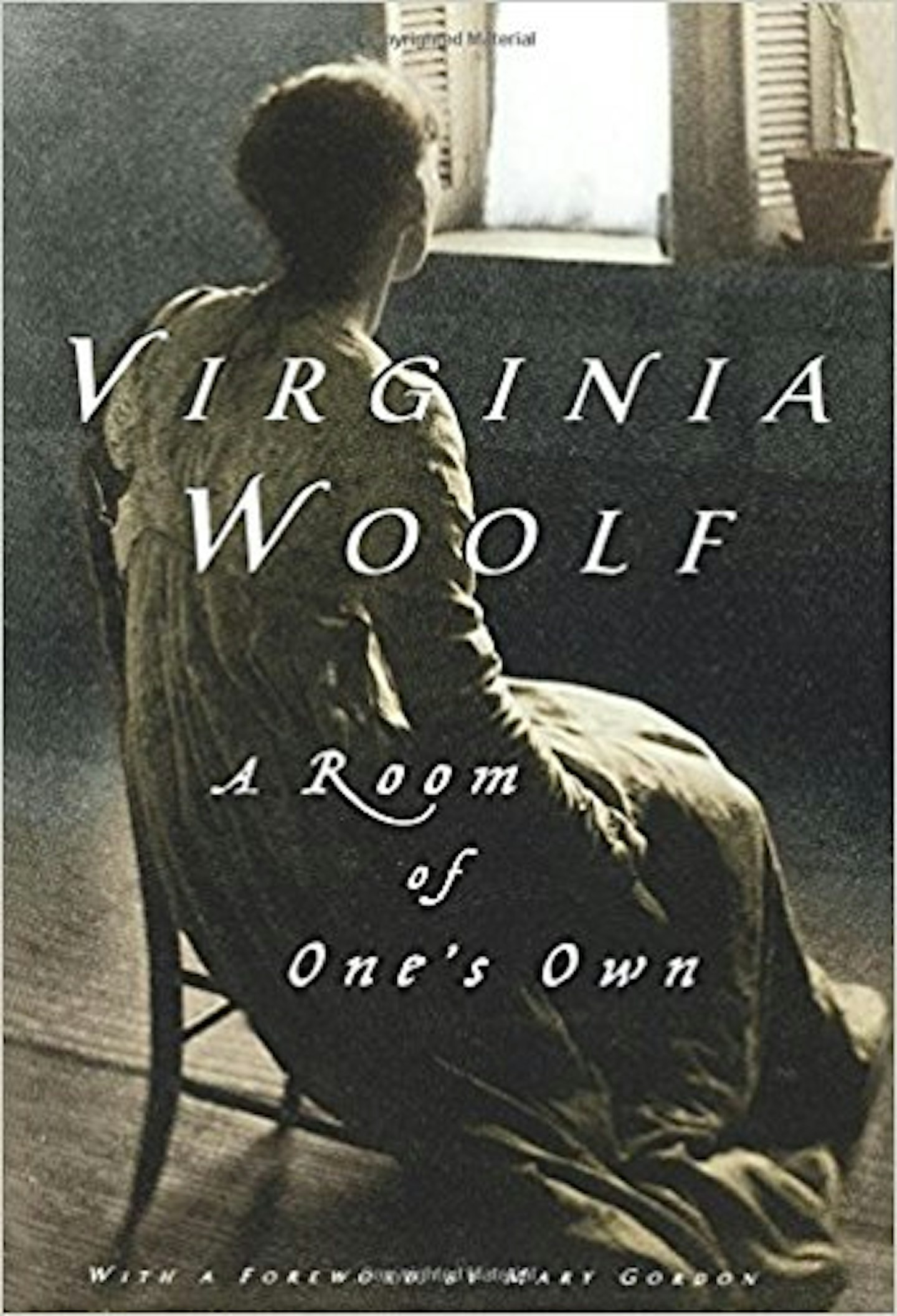 10 of 11
10 of 11‘Lock up your libraries if you like, but there is no gate, no lock, no bolt you can set upon the freedom of my mind.’
A Room of One's Own by Virginia Woolf
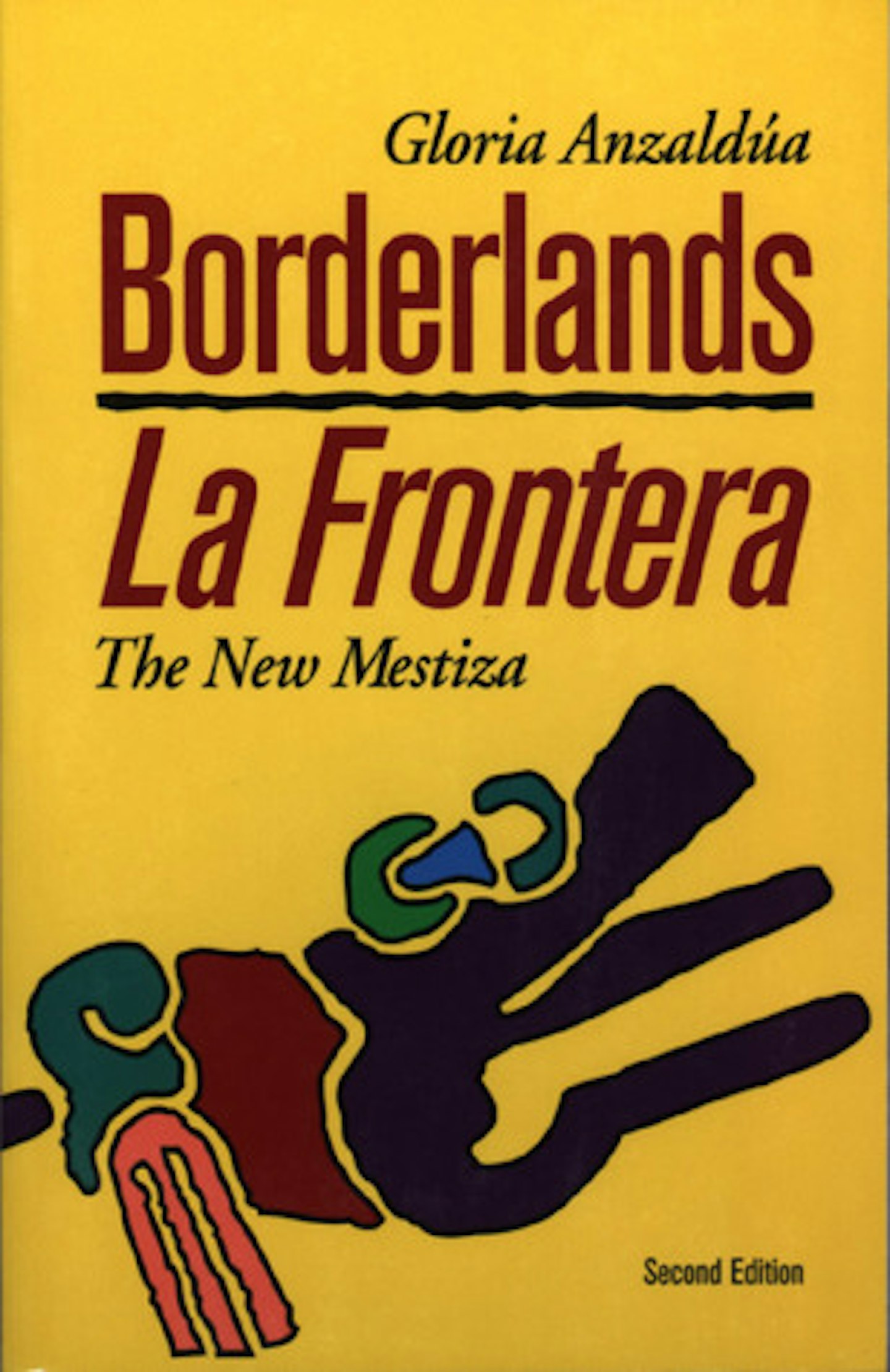 11 of 11
11 of 11‘When you are imagining, you might as well imagine something worthwhile.’
Borderlands La Frontera by Gloria E. Anzaldua
